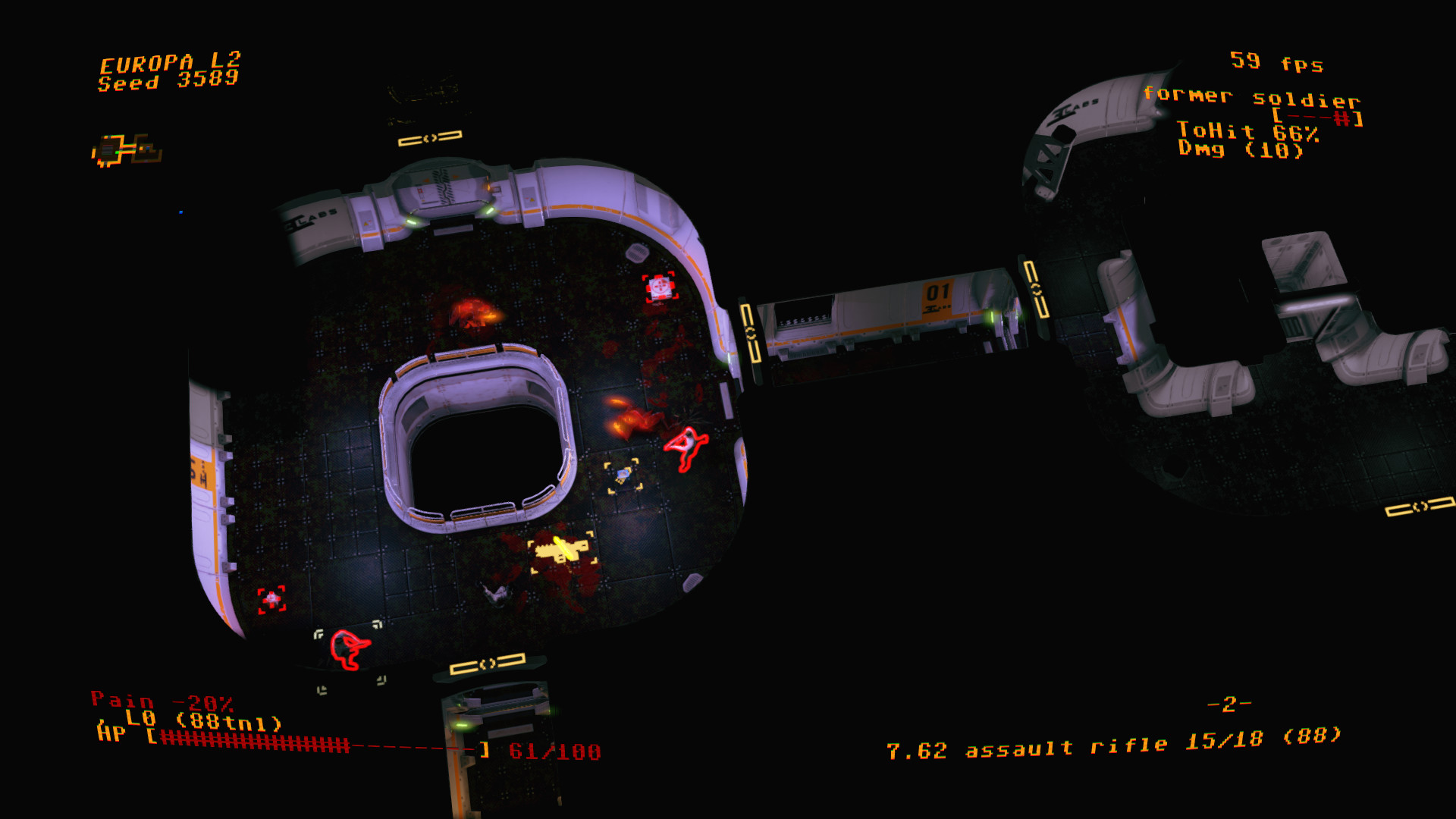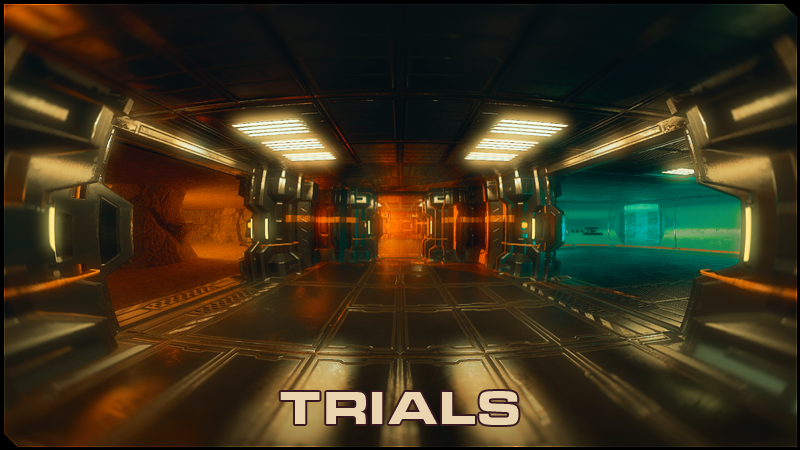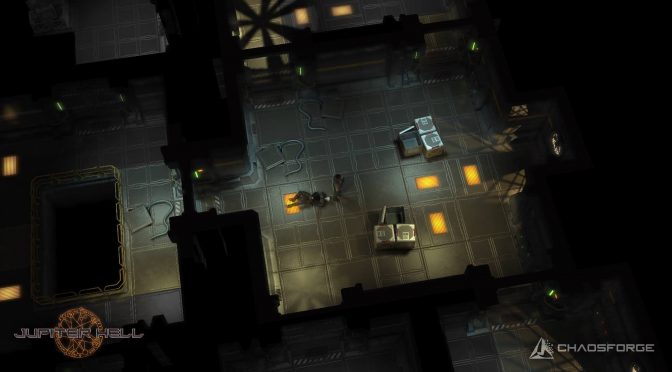
Which spreads abroad so wide a river of speech?" "Now, art thou that Virgilius and that fountain Which is the source and cause of every joy?" Why climb'st thou not the Mount Delectable, Son of Anchises, who came forth from Troy,īut thou, why goest thou back to such annoyance? 'Sub Julio' was I born, though it was late,Īnd lived at Rome under the good Augustus, "Whiche'er thou art, or shade or real man!" Who seemed from long-continued silence hoarse. While I was rushing downward to the lowland,īefore mine eyes did one present himself, Thrust me back thither where the sun is silent.

Who weeps in all his thoughts and is despondent,Į'en such made me that beast withouten peace, That I the hope relinquished of the height.Īnd the time comes that causes him to lose, With the affright that from her aspect came, So that it seemed the air was afraid of him Īnd many folk has caused to live forlorn! With head uplifted, and with ravenous hunger, He seemed as if against me he were coming The hour of time, and the delicious season īut not so much, that did not give me fear That with him were, what time the Love DivineĪt first in motion set those beauteous things The time was the beginning of the morning,Īnd up the sun was mounting with those stars
#Jupiter hell dante station skin
Which with a spotted skin was covered o'er! So that the firm foot ever was the lower. So did my soul, that still was fleeing onward, The night, which I had passed so piteously.Īnd even as he, who, with distressful breath,įorth issued from the sea upon the shore, That in my heart's lake had endured throughout Which leadeth others right by every road. Upward I looked, and I beheld its shoulders, Which had with consternation pierced my heart, I cannot well repeat how there I entered,īut after I had reached a mountain's foot,Īt that point where the valley terminated, Speak will I of the other things I saw there. Which in the very thought renews the fear.īut of the good to treat, which there I found, What was this forest savage, rough, and stern,

Please refer to Project Gutenberg's e-text listings for other editions or translations of 'The Divine Comedy.' Please refer to the end of this file for supplemental materials.Ĭanto I Midway upon the journey of our lifeįor the straightforward pathway had been lost. Also deserving praise are Herbert Fann for programming the text editor "Desktop Tools/Edit" and the late August Dvorak for designing his keyboard layout. The editor greatly thanks Dian McCarthy for her assistance in proofreading the Paradiso. For more information and access to the project, please visit its web site at: įor this Project Gutenberg edition the e-text was rechecked. The digital of Digital Dante incurs a new challenge to the student, the scholar, and teacher, perusing the Web: to become proficient in the new tools, e.g., Search, the Discussion Group, well enough to look beyond the technology and delve into the content. Digital Dante attempts to organize the information most significant for students first engaging with Dante and scholars researching Dante. The project is multi-faceted and fluid by nature of the Web. The Digital Dante Project is a digital 'study space' for Dante studies and scholarship. Cole (Proofreader/Assistant Editor), and Jennifer Cook (Proofreader). Specific thanks goes to Jennifer Hogan (Project Editor/Director), Tanya Larkin (Assistant to Editor), Robert W. The base text for this edition has been provided by Digital Dante, a project sponsored by Columbia University's Institute for Learning Technologies. Title Page Divine Comedy Translated by Henry Wadsworth Longfellow It is aįascinating read that will entrance all who take the journey with Work that explores the afterlife from a medieval perspective.

History, and the story even has political themes. Dante also makes many cultural references andĪllusions, Greek and Roman myth provide many of the characters and

The poem isĮxtremely intricate, and mathematical and scientific patterns can beįound throughout. Gathered from the medieval theology of Thomas Aquinas. Toward God, and the poem has many other religious themes, mostly Dante uses his journey to represent the soul's movement Under the surface, though, DivineĪn allegory. Travelers on this trip, and his guides are the Latin poet Virgil andīeatrice, a woman he loved. He meets many angels, demons, and other human The poemįeatures Dante as the main character (though it is fiction), andĭescribes his journey through Hell (Inferno), Purgatory Three-part epic poem is well-known as a literary classic.


 0 kommentar(er)
0 kommentar(er)
